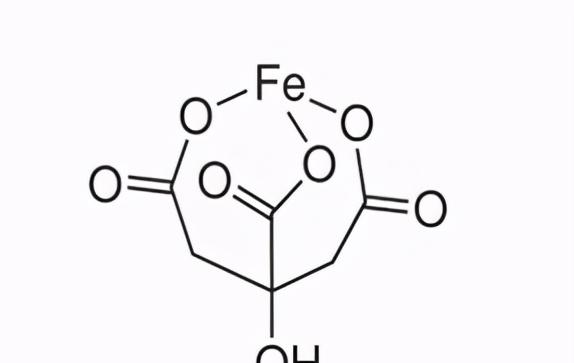
Summary: Mineral and bone metabolic disorders in chronic kidney disease (CKD) have been associated with an increased risk of cardiovascular calcification and osteoporosis. Anemia is associated with a gradual loss of renal function and an increase in mortality. Iron citrate was developed primarily as a novel oral non-phosphate calcium binder, which has also been shown to supplement iron deficiency in patients with CKD.
Materials and Methods: This prospective study was conducted in 40 pre-CKD adult patients (stages 3-5) from a tertiary health centre in northern India. The study excluded patients who received intravenous iron, erythropoietin stimulators, or other phosphate binders. All patients were given iron citrate tablets (each containing 1.1 g of iron citrate, equivalent to 210 mg of iron) at a dose of 3 tablets per day for three months. Patients are followed up every two weeks and surveyed. It was divided into three groups for subgroup analysis according to its CKD stage.
Observations: After three months of treatment with iron citrate, the mean serum phosphate decreased significantly from 6.55±0.70 mg/dl at baseline to 4.36±0.50 mg/dl at the end of the three months (p<0.001). Mean hemoglobin increased from 7.92 ± 1.05 g/dl at baseline to 10.96±1.04 g/dl (p<0.001) three months later. Serum ferritin and serum transferrin saturation increased from 278.25±110.56 ng/dl, 25.02±4.03% at baseline to 401.24±152.47 ng/dl and 29.62±3.77% at the end of three months. Mean serum vitamin D and serum iPTH levels at baseline and end of 3 months were 14.61± 10.80 ng/ml, 509.48± 210.75 pg/ml, and 23.65± 14.00 ng/ml, 424.14 ± 173.18 pg/ml, respectively. All of these parameter changes are significant and independent of the CKD stage.
Conclusions: This study shows that iron citrate is an effective and well-tolerated phosphate binder that can also significantly improve hematologic parameters in patients with iron deficiency CKD.
Nand N, Giri K, Jain D. Role of Ferric Citrate in Hyperphosphatemia andIron Deficiency Anemia in Non Dialysis CKD Patients. J Assoc Physicians India.2019 Apr;67(4):53-56. PMID: 31311220.